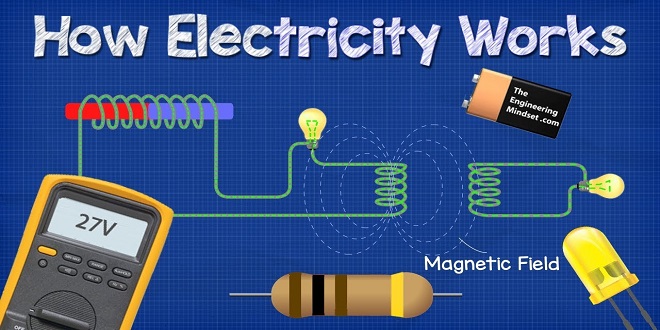Many exciting career opportunities exist in the electrical and electronics field. The following pages provide a sample of the available opportunities. Check for other career opportunities at the career information center in your school or community
automation Mechanic engineering
An automation mechanic maintains controllers, assembly equipment, copying machines, robots, and other automated or computerized devices. A person with this job installs, repairs, and services machinery with electrical, mechanical, hydraulic, or pneumatic components. Precision measuring instruments, test equipment, and hand tools are used. Knowledge of electronics and the ability to read wiring diagrams and schematics is required
automotive Mechanic
There are currently more computers aboard today’s automobile than aboard our first spaceship. A typical automobile contains approximately 10 to 20 computers that operate everything from the engine and radio to the driver’s seat. As a result, automotive mechanics now need a greater knowledge of electronics.
To be able to distinguish an electronic malfunction from a mechanical malfunction, automotive mechanics must be familiar with the minimum basic principles of electronics. In addition, they must be able to test and replace electronic components.
Computer engineer
The rapid growth in computers has generated a demand for people trained in designing new hardware and software systems and incorporating new technologies into existing and new systems. These trained professionals are known as computer engineers and system analysts.
electrical engineer
electrical engineers make up the largest branch of engineering. An electrical engineer designs new products, writes performance specifications, and develops maintenance requirements. Electrical engineers also test equipment, solve operating problems within a system, and predict how much time a project will require. Then, based on the time estimate, the electrical engineer determines how much the project will cost.
The electrical engineering field is divided into two specialty groups: electrical engineering and electronics engineering. An electrical engineer works in one or more areas of power-generating equipment, power-transmitting equipment, electric motors, machinery control, and lighting and wiring installation. An electronics engineer works with electronic equipment associated with radar, computers, communications, and consumer goods.
Electrician
An electrician may specialize in construction, maintenance, or both. Electricians assemble, install, and maintain heating, lighting, power, air-conditioning, and refrigeration components (Figure 1-3). The work of an electrician is active and sometimes strenuous. An electrician risks injury from electrical shock, falls, and cuts from sharp objects. To decrease the risk of these job-related hazards, an electrician is taught to use protective equipment and clothing to prevent shocks and other injuries. An electrician must adhere to the National Electrical Code specifications and procedures, as well as to the requirements of state, county, and municipal electric codes.
Computer technician
A computer technician installs, maintains, and repairs computer equipment and systems. Initially, the computer technician is responsible for laying cables and making equipment connections.
This person must thoroughly test the new system(s), resolving all problems before the customer uses the equipment. At regular intervals, the computer technician maintains the equipment to ensure that everything is operating efficiently. Knowledge of basic and specialized test equipment and hand tools is necessary.
 Pagal World
Pagal World




